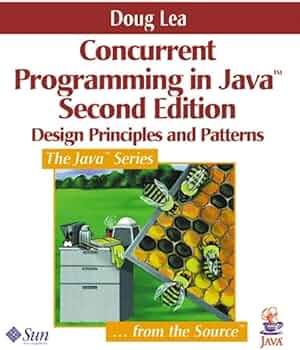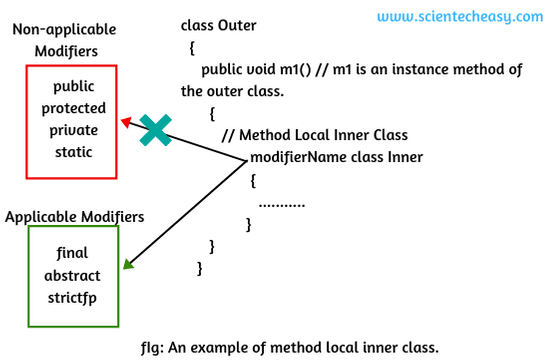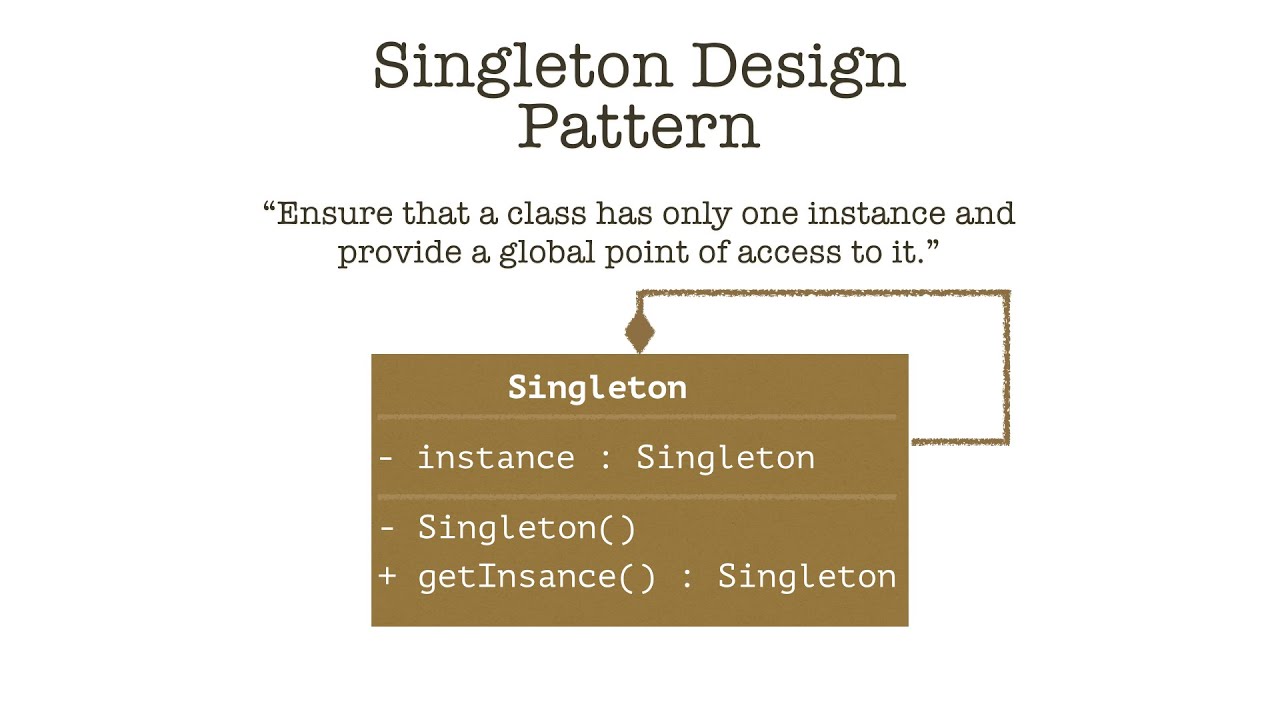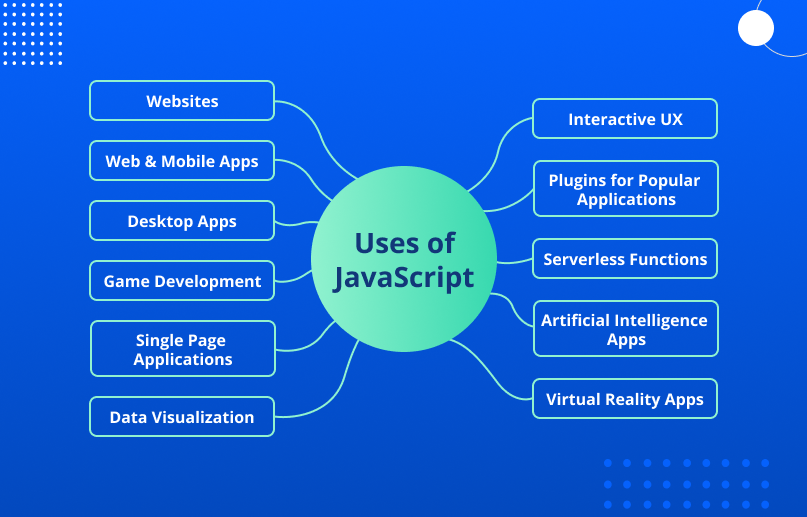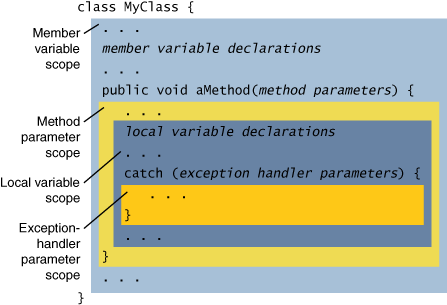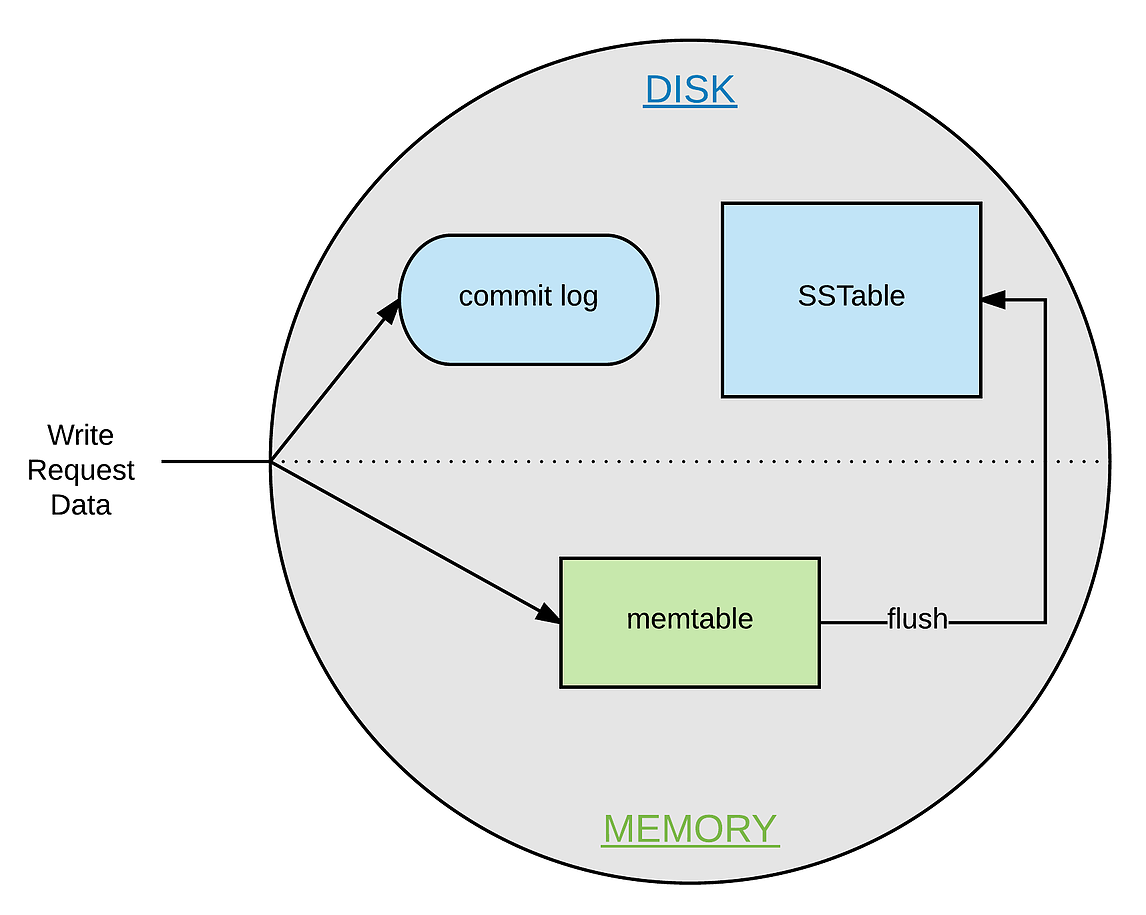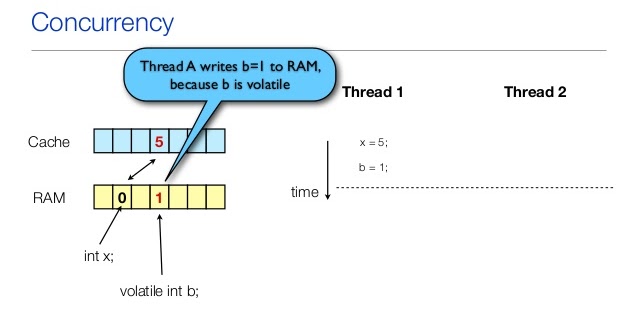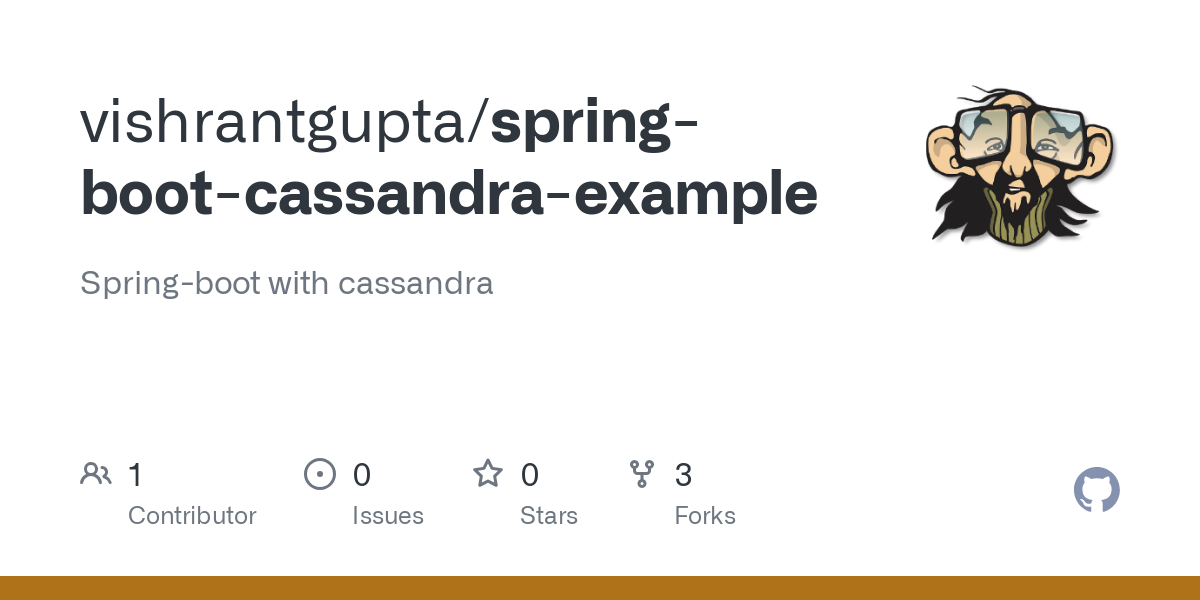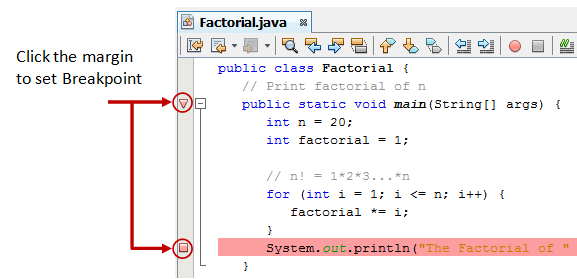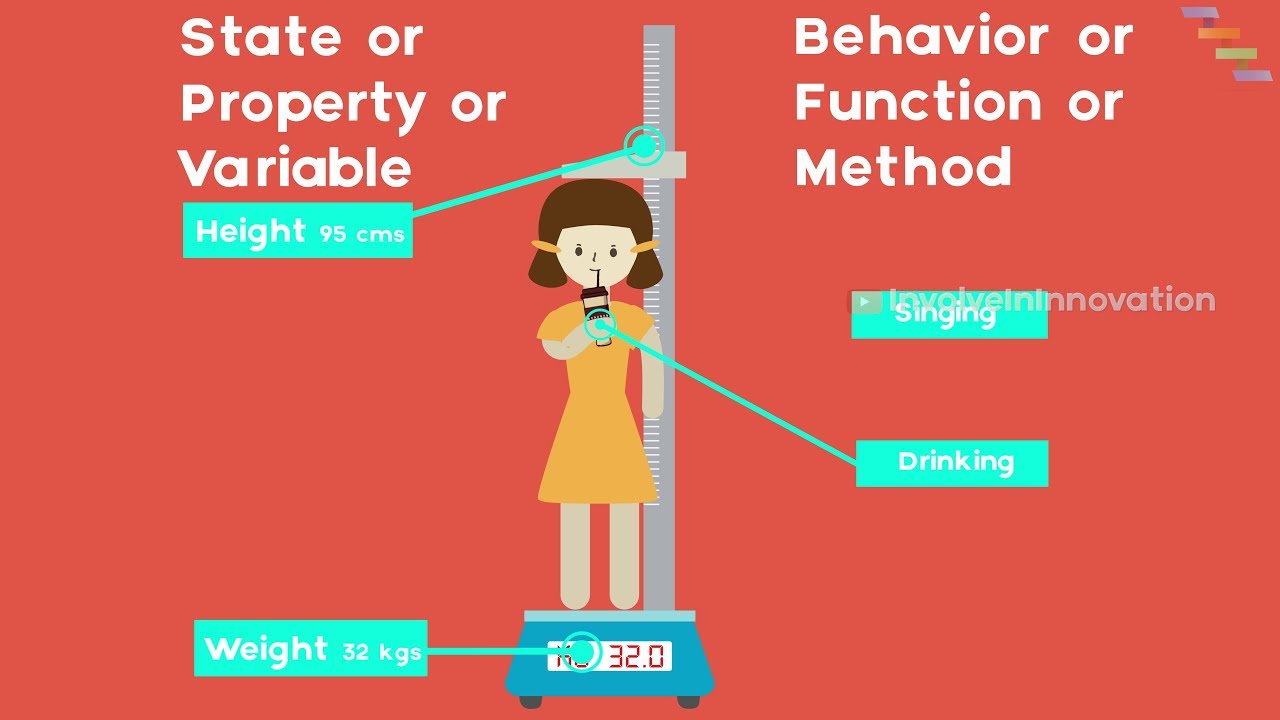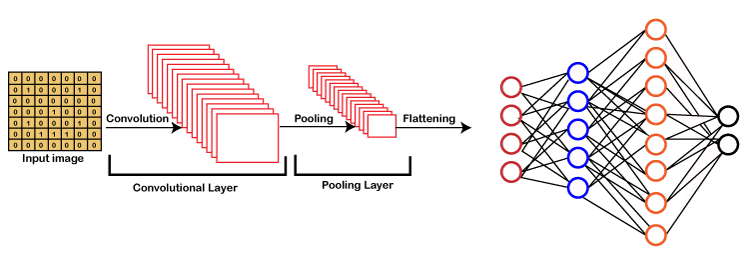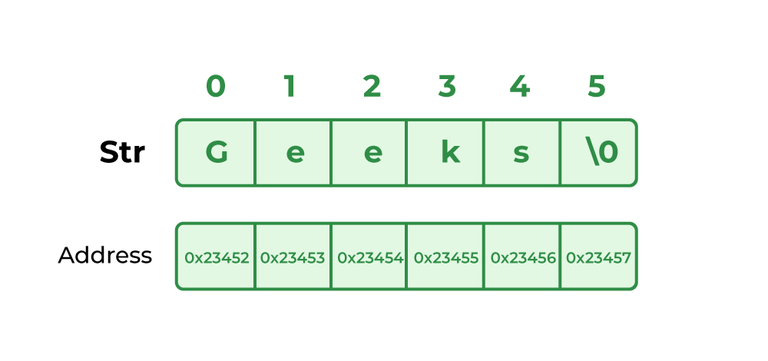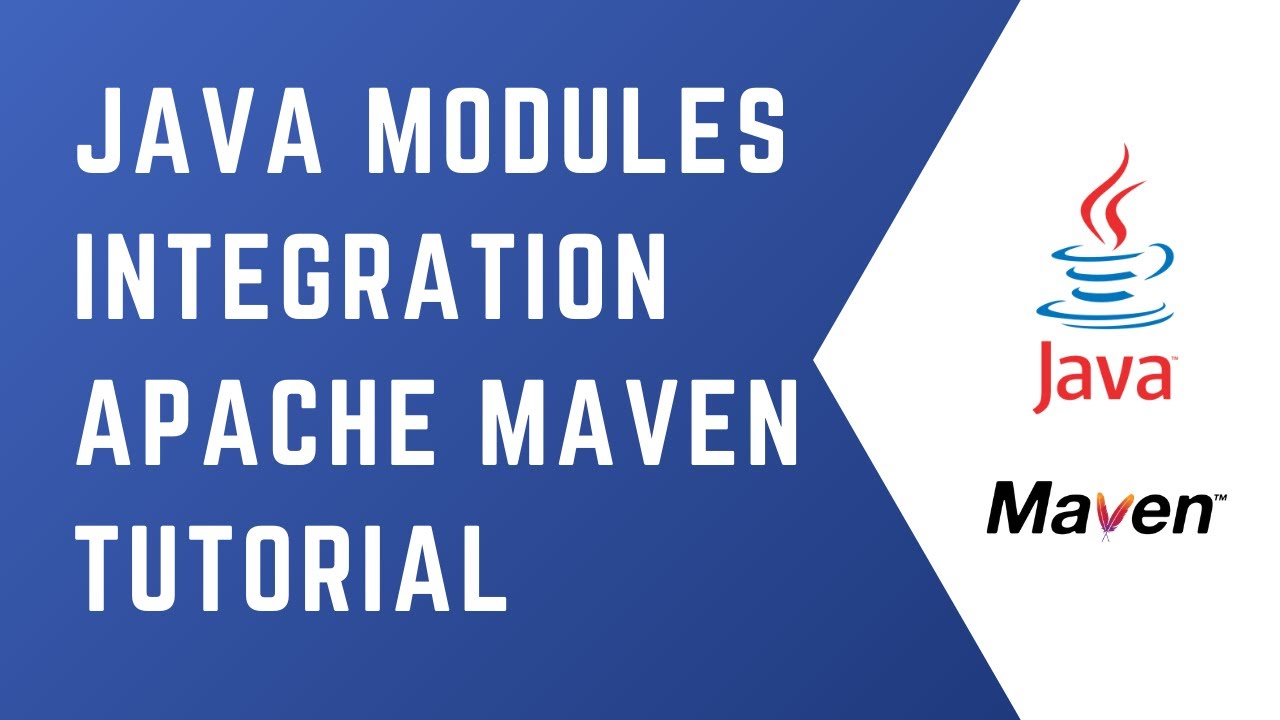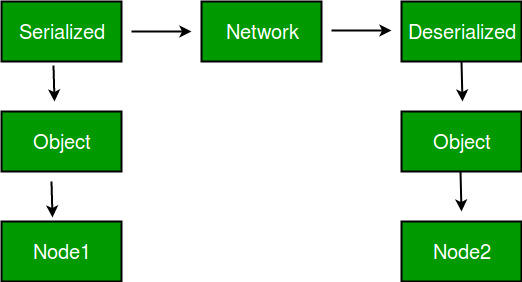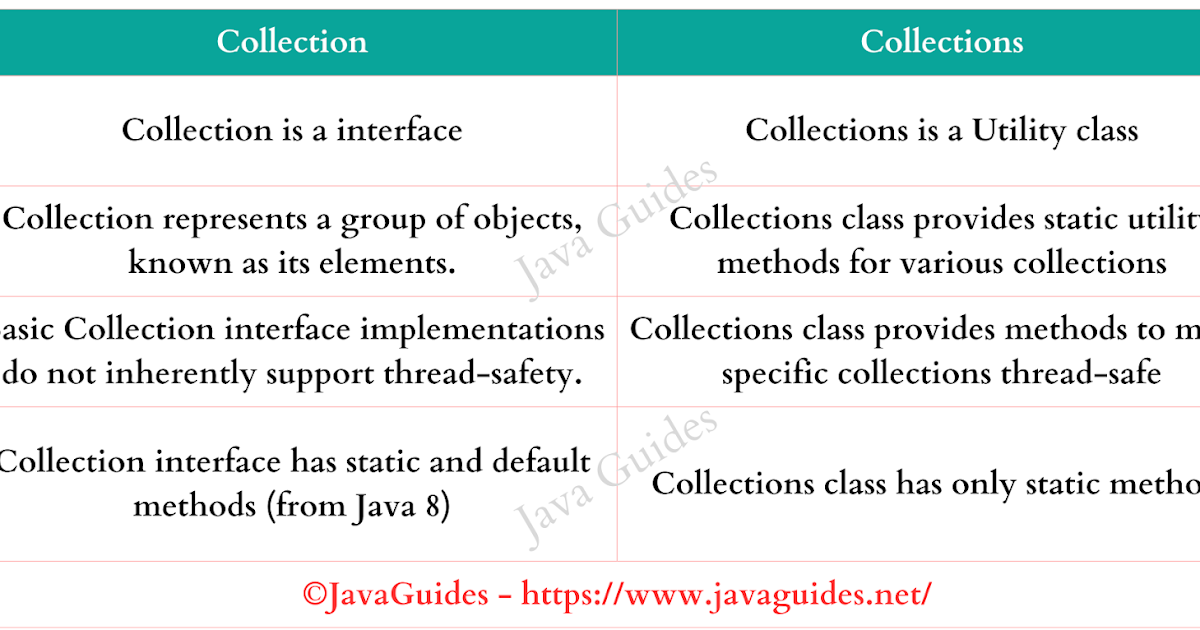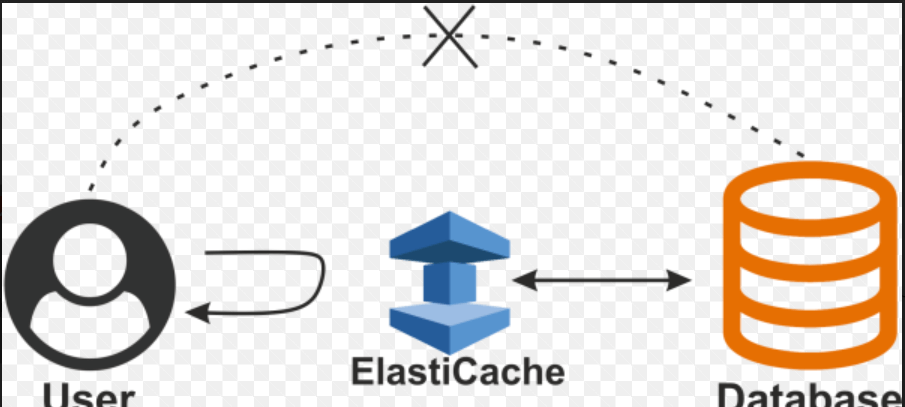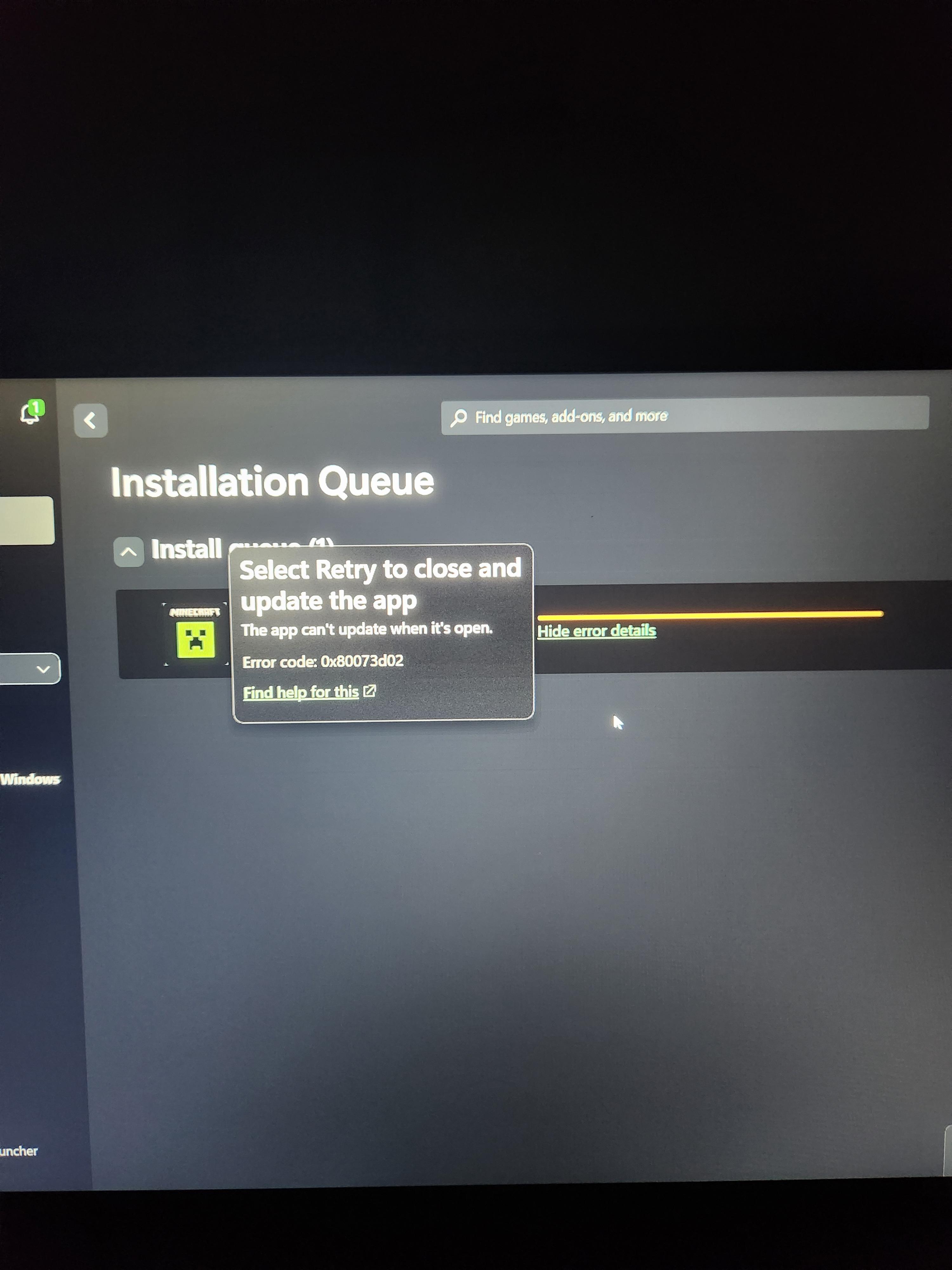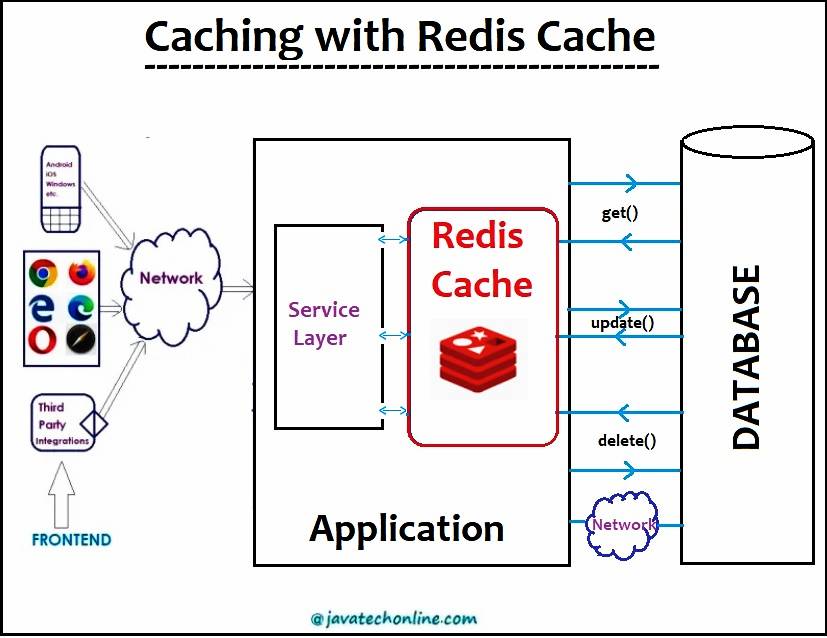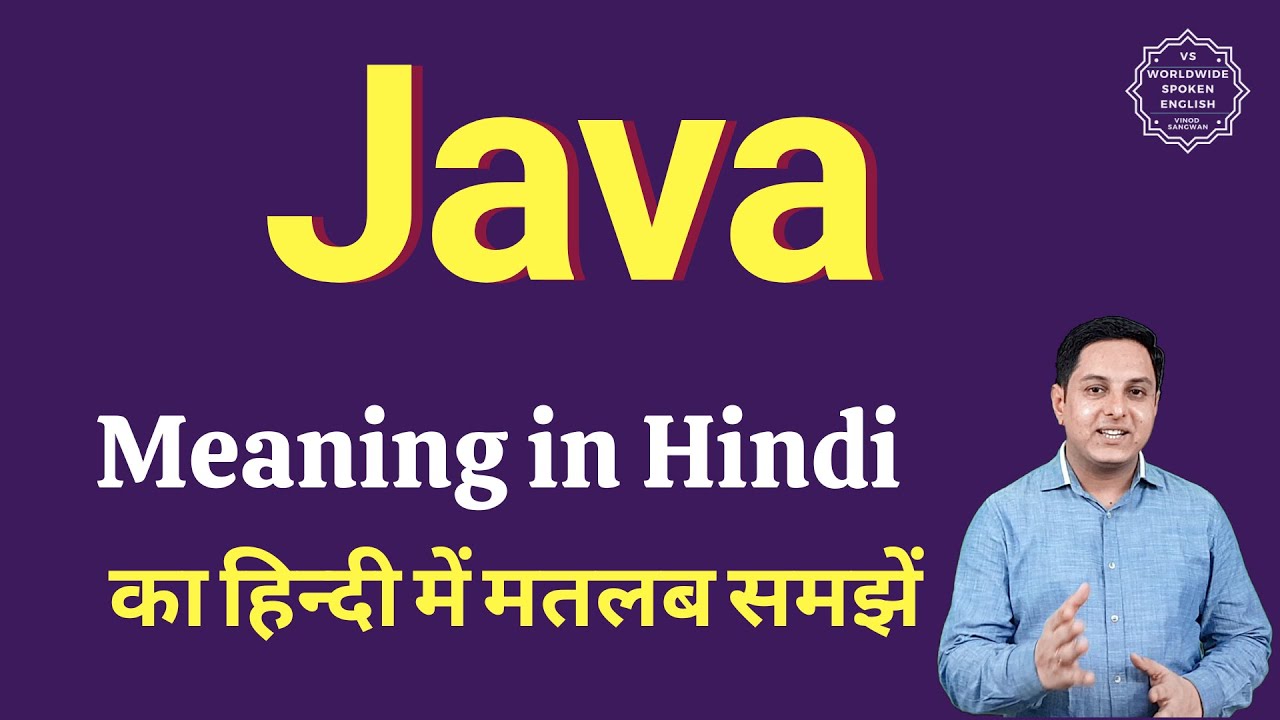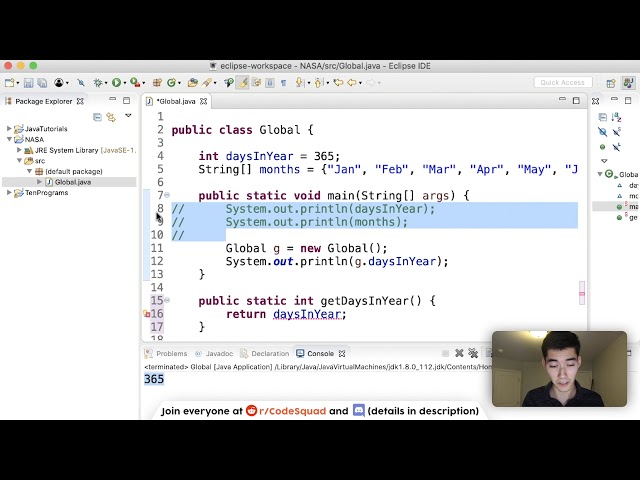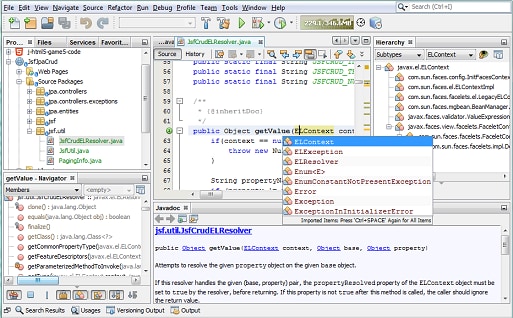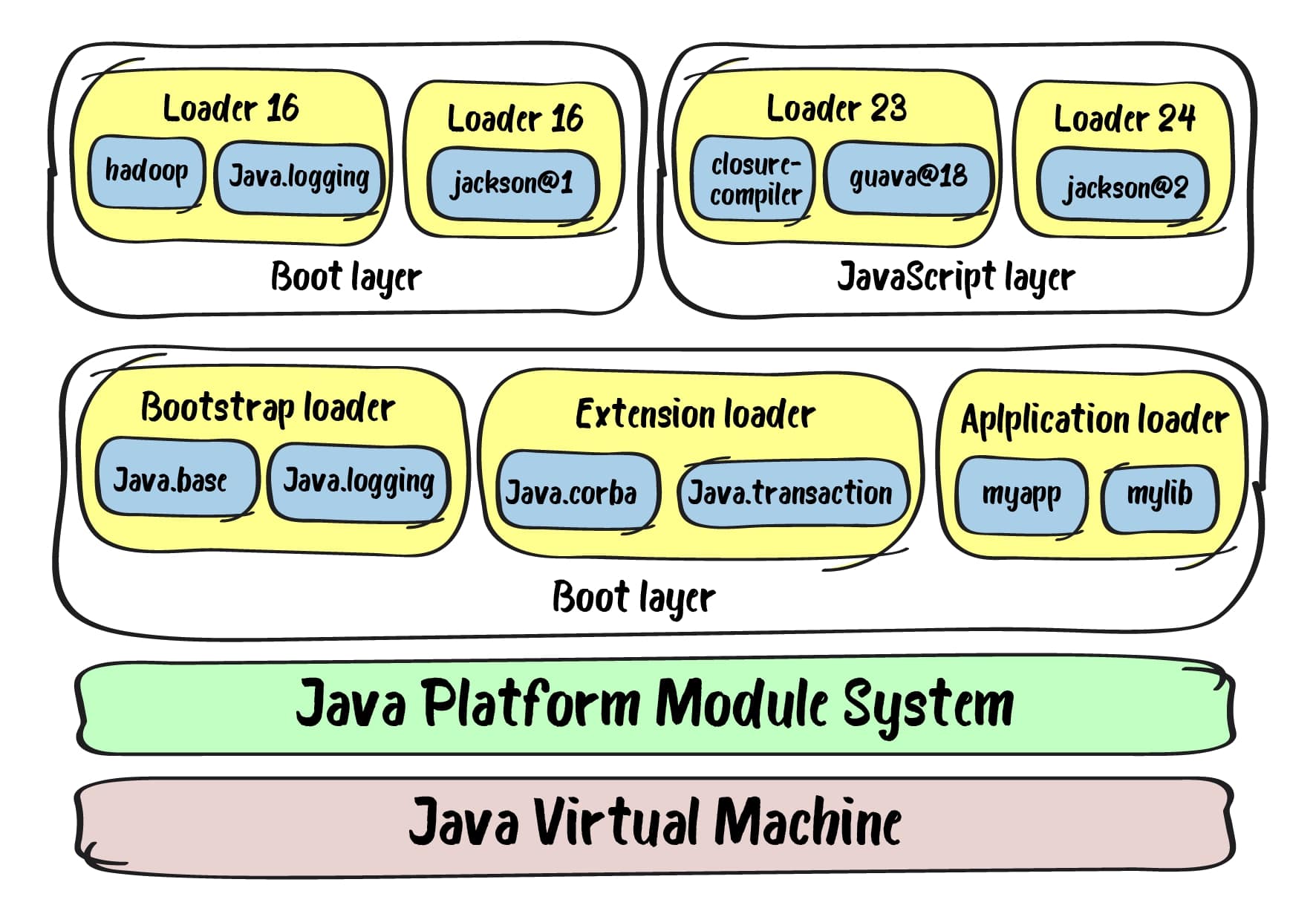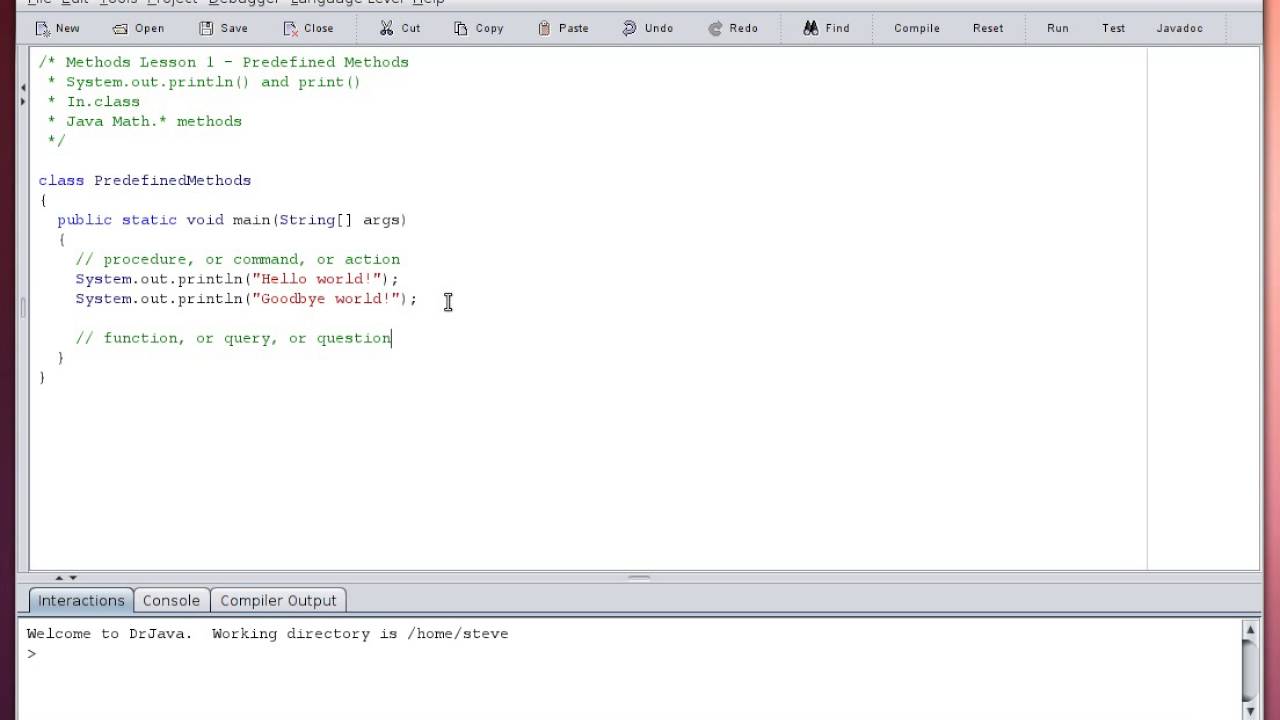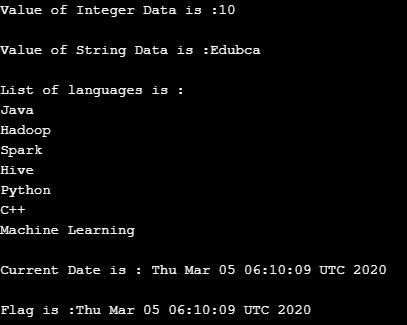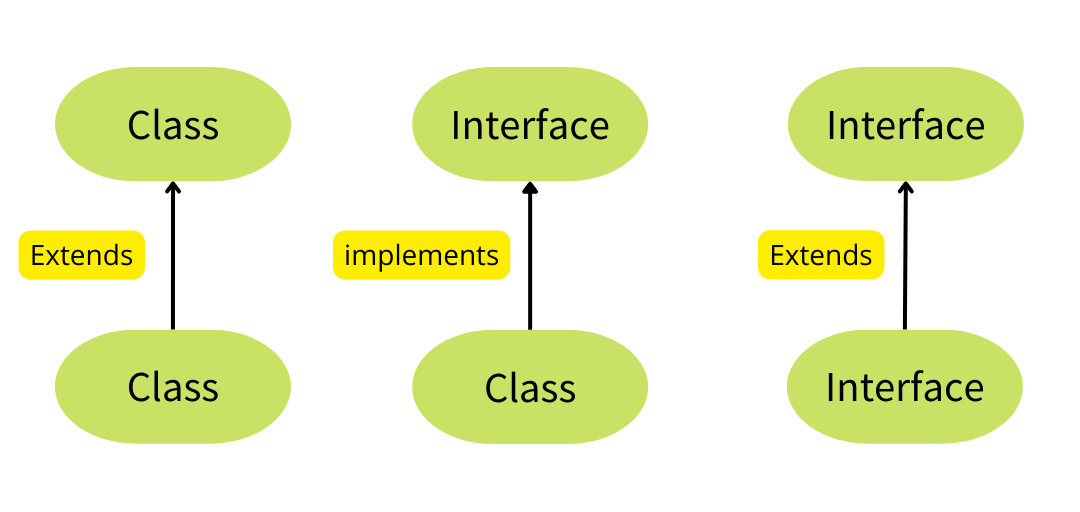What is the difference between future and Executor in Java?
What is the difference between future and Executor in Java?
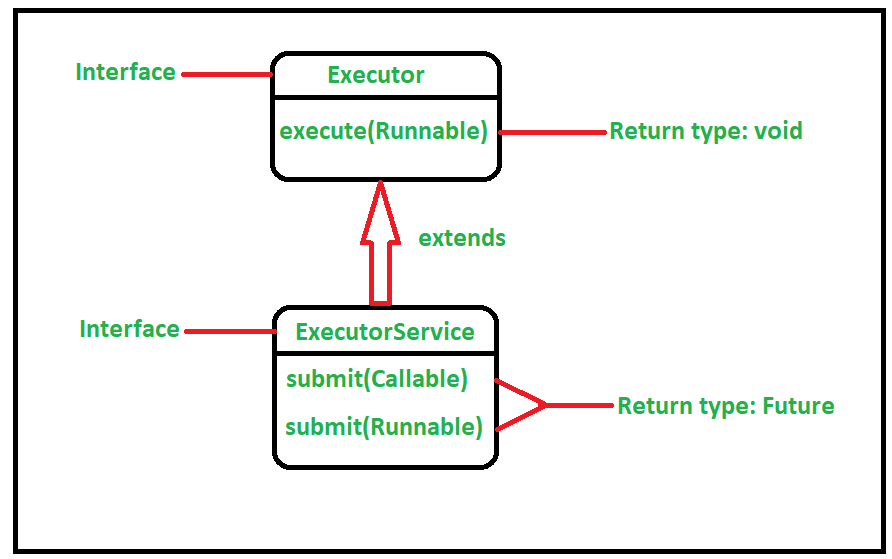
I'd be happy to explain the difference between Future and Executor in Java!
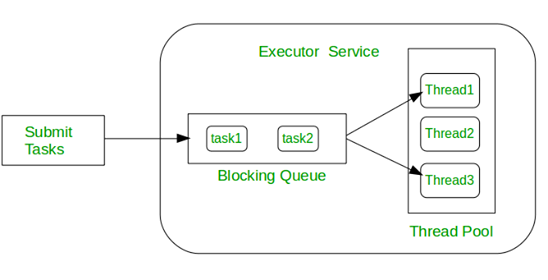
Future
In Java, a Future is an interface that represents the result of an asynchronous computation. It's part of the Java Util Concurrency (JSR-166) API, which provides support for concurrent programming. A Future is essentially a placeholder object that holds the result of a long-running operation, such as a network request or a database query.

A Future can be in one of three states:
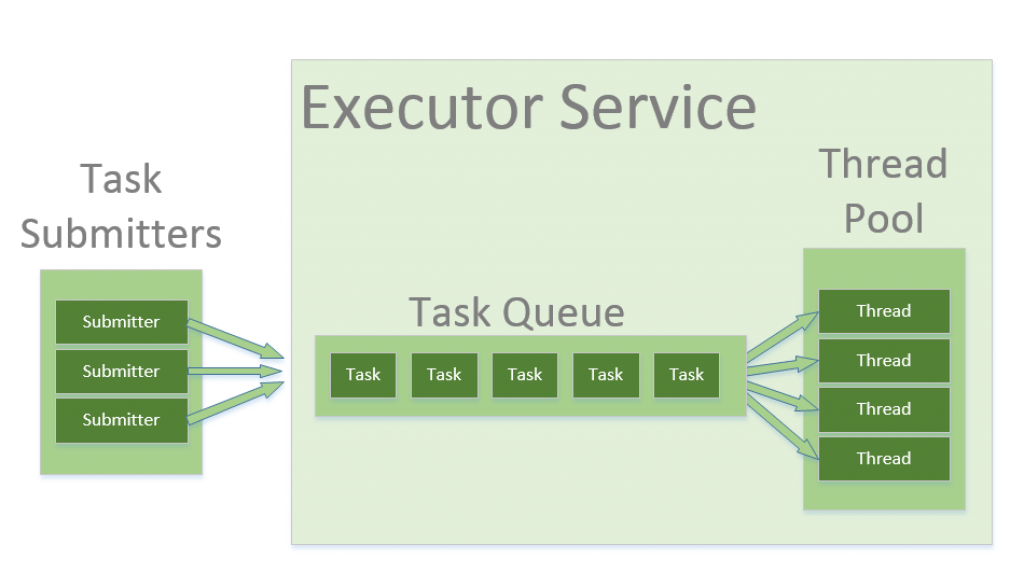
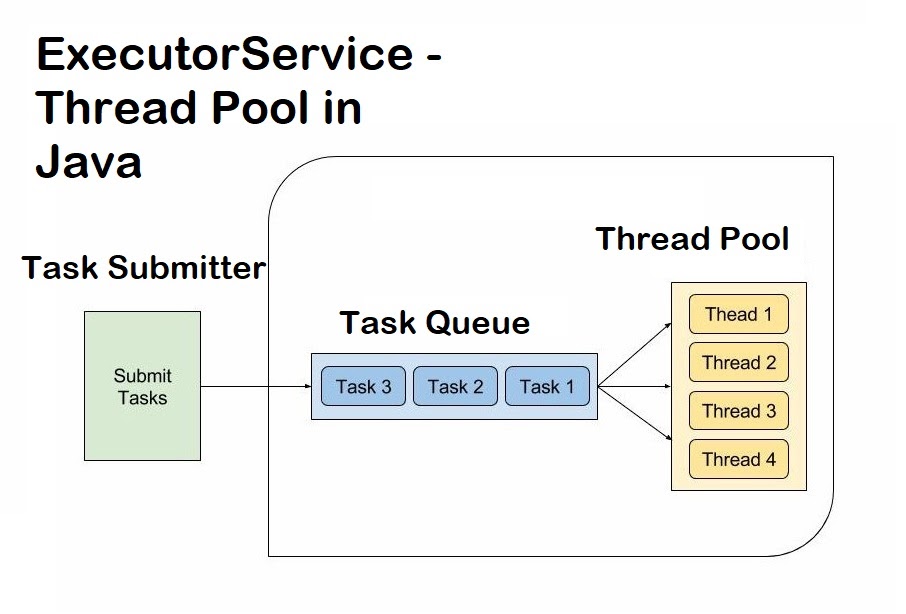
The key benefits of using Future objects are:
Executor
An Executor is an interface that manages a pool of threads or threads. It's also part of the Java Util Concurrency API. An Executor provides a way to execute tasks (e.g., runnables) in parallel, without blocking the calling thread.
An Executor can be thought of as a manager that takes care of:
The main benefits of using an Executor are:
Key differences
Purpose: AFuture represents the result of a computation, while an Executor manages threads for executing tasks. State: A Future is in one of three states (NEW, DONE, or CANCELED), whereas an Executor has no defined states. Action: You can use a Future to retrieve the result of a computation, while you submit tasks to an Executor for execution.
To illustrate the difference, consider a simple example:
Suppose you're building a web crawler that needs to fetch multiple web pages concurrently. In this case:
You would create aFuture for each webpage and use it to retrieve the HTML content of the page. You would submit these tasks (represented as Callables) to an Executor, which would manage a pool of threads to execute them in parallel.
In summary, Futures provide a way to represent the result of long-running computations, while Executors manage threads for executing tasks. Both are essential building blocks for concurrent programming in Java!
What is the default Executor in Java?

I'd be happy to explain the concept of Executors and their defaults in Java!
In Java, an Executor is a interface that encapsulates the ability to execute a command. The purpose of this interface is to allow you to manage multiple threads running concurrently without having direct access to them.
Now, let's dive into the specifics. When creating an Executor, you can choose between two types: single-threaded or fork-join pools.
A single-threaded executor uses one thread per task. This means that each submitted task will be executed on a separate thread, and tasks are executed sequentially. Single-threaded executors are suitable for simple use cases where you need to perform a small number of tasks.
On the other hand, a fork-join pool is an ExecutorService that uses multiple threads to execute tasks concurrently. These pools can process tasks in parallel by breaking them down into smaller subtasks and running them on separate threads. Fork-join pools are useful when performing computationally intensive tasks or processing large datasets.
So, what's the default executor in Java?
The default Executor in Java is a single-threaded executor called Executors.newSingleThreadExecutor(). This means that when you create an ExecutorService without specifying a custom Executor, it will use this default single-threaded executor. Here's how to get your hands on this default executor:
import java.util.concurrent.ExecutorService;
import java.util.concurrent.Executors;
public class DefaultExecutor {
public static void main(String[] args) {
ExecutorService executor = Executors.newSingleThreadExecutor();
// Use the executor here...
}
}
However, if you need to run tasks concurrently, it's better to use a fork-join pool. The default ForkJoinPool in Java is created by calling Executors.newFixedThreadPool():
import java.util.concurrent.ExecutionException;
import java.util.concurrent.ExecutorService;
import java.util.concurrent.Executors;
public class DefaultForkJoinPool {
public static void main(String[] args) throws InterruptedException, ExecutionException {
ExecutorService executor = Executors.newFixedThreadPool(4); // 4 threads in this case
// Use the executor here...
}
}
In summary, the default Executor in Java is a single-threaded executor. However, if you need to run tasks concurrently, it's more efficient to use a fork-join pool, which can be obtained by calling Executors.newFixedThreadPool().
I hope this helps clarify the concept of Executors and their defaults in Java!
